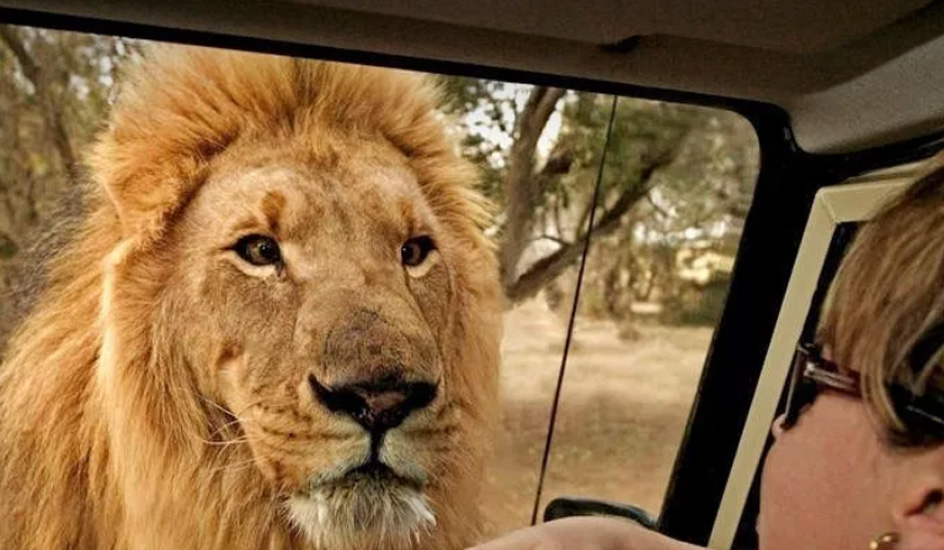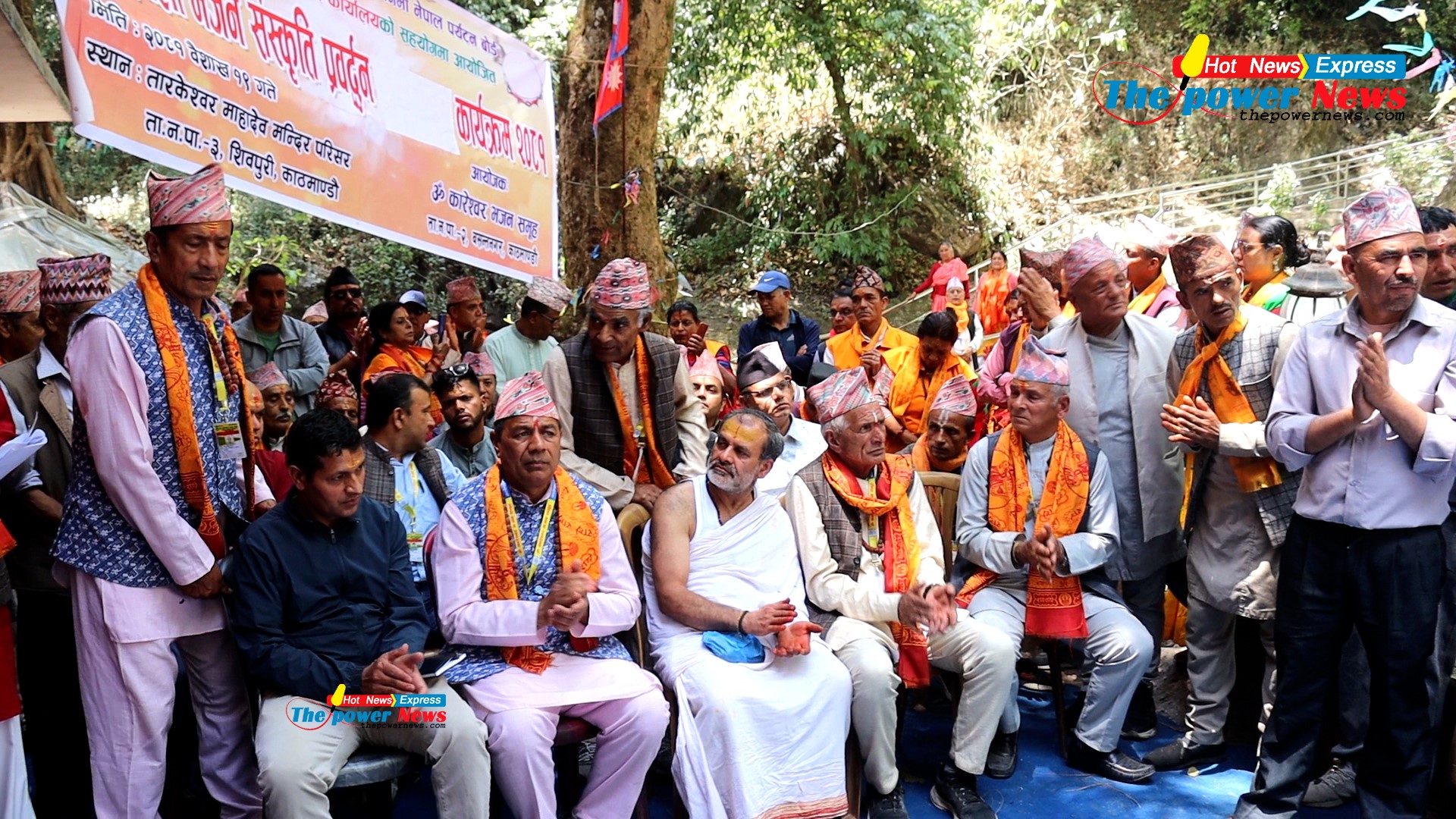In Swahili, safari means “journey,” and an African safari is definitely a journey that brings the amazing world of animals (i.e., lions and tigers, elephants and rhinos) – up close and personal. Historically, safaris were linked with hunting of big game; however, with poaching illegal and conservation and sustainability at the top of travelers’ consciousness, most safaris today focus on observation, and appreciation, with “shooting” limited to photography of animals, landscapes and sunsets. Safaris enable visitors to experience “for themselves” what they have previously seen only on television, in wildlife documentaries, or magazines and books.
Traveling to Africa requires a commitment. There is no quick way to reach the continent, and there is no quick way to transit from one city to the other or from one country to the other. Advance planning is a necessity, and this includes time management and a confirmed detailed itinerary. Africa is not easily accessible for many travelers. The scarcity of public transportation and infrequent airline schedules makes FIT travel challenging, and the limited road signage, sparse roadside assistance (i.e., petrol stations, restaurants and lavatories, emergency services) makes self-drive holidays a test of resourcefulness and flexibility. Safaris are an important part of the travel industry. There are increasingly large threats to the “natural world,” and the bad guys are anxious to destroy animals, plant life, and pollute the landscape. The focus on “safari tourism,” dedicated to sustainability and the continuation of animal life in the wild, provides the financial resources required by governments and the private sector to maintain the national parks and protect the animals.





